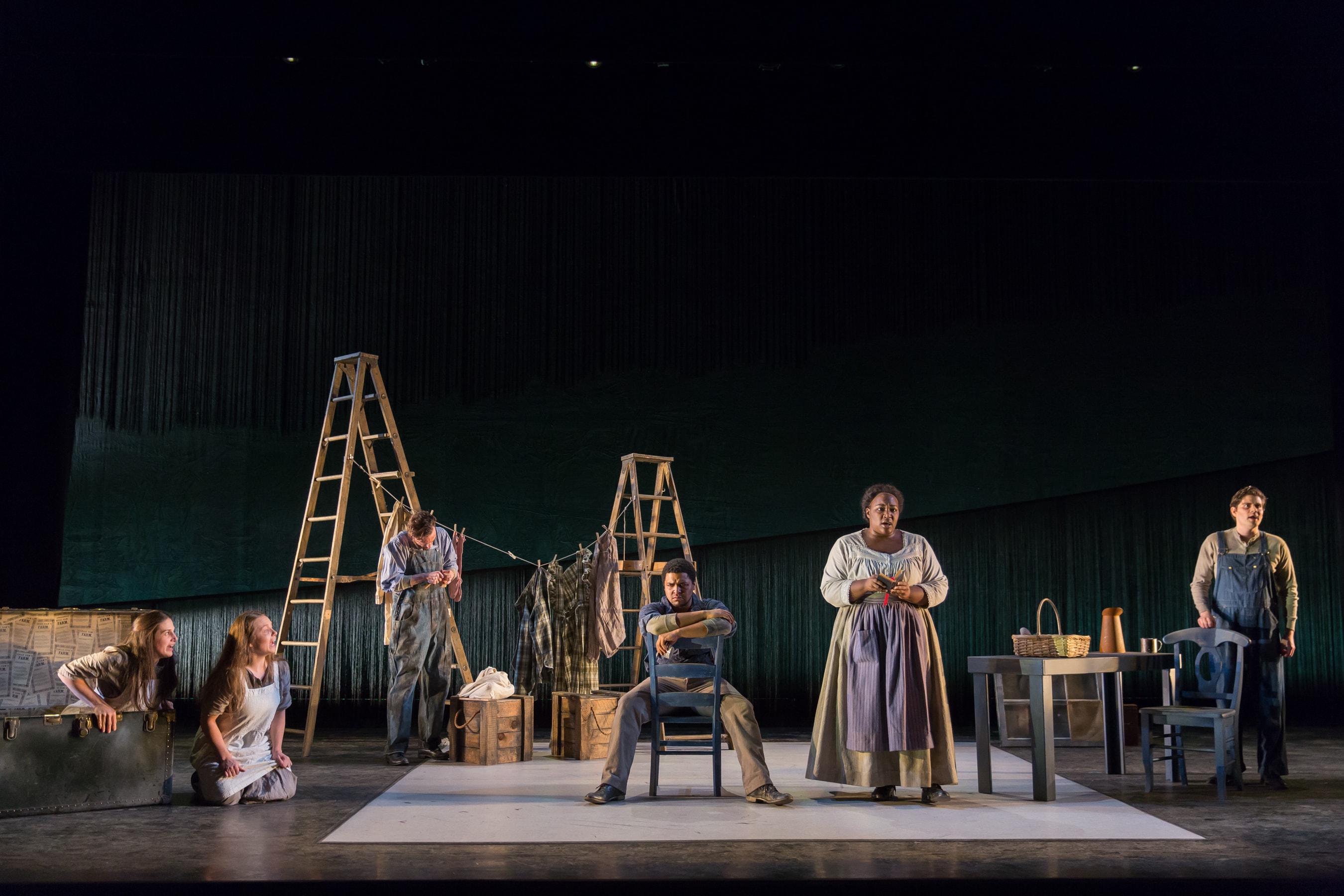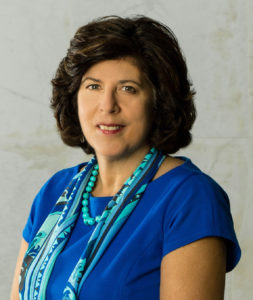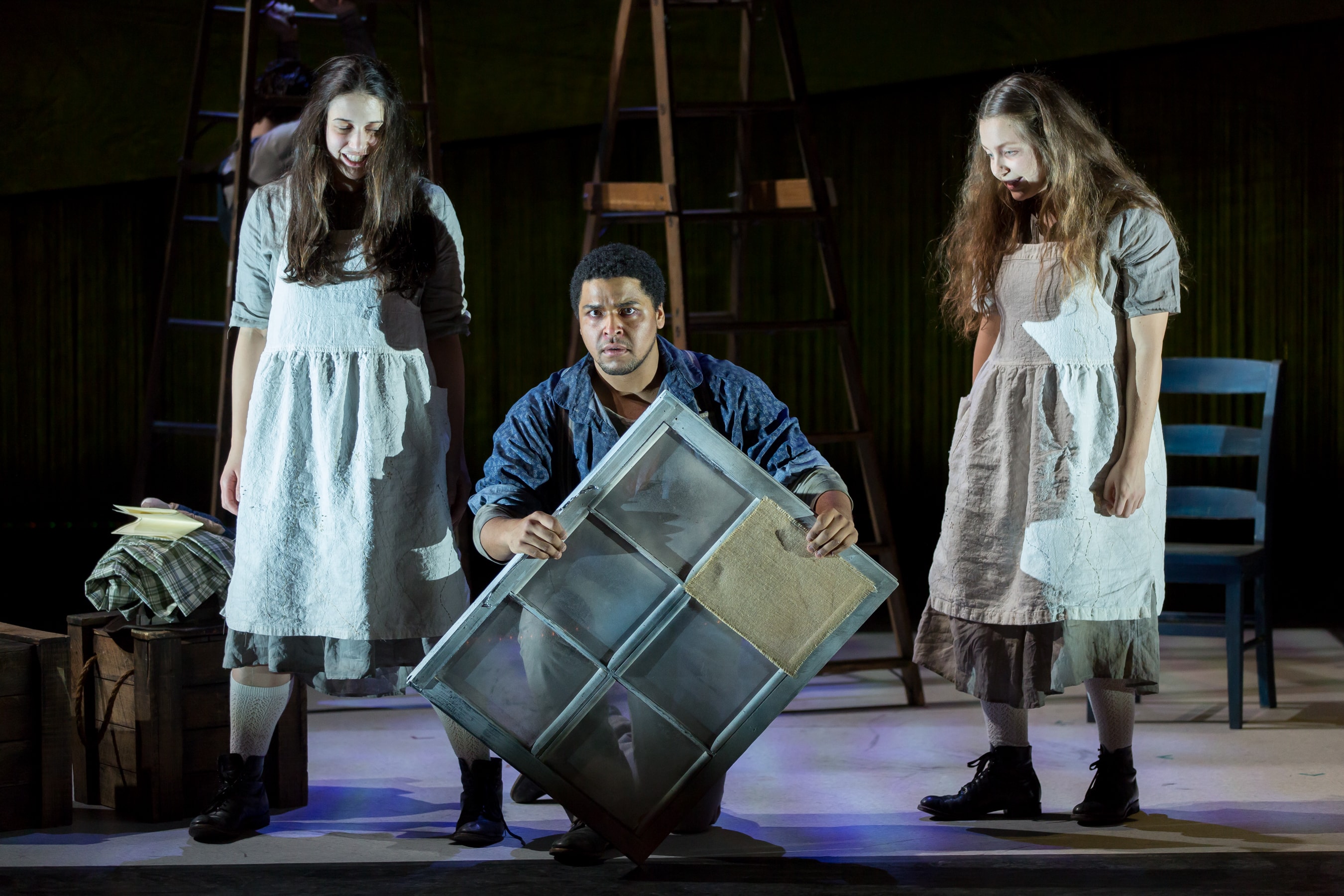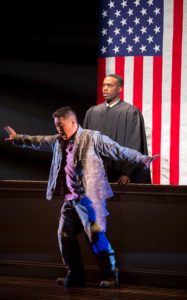Opera in America has had the stink of death upon it for some time now. Lavish productions of period piece love stories and power struggles set largely during the time of kings and courtesans in Europe are interesting, but often not interesting enough to generate sufficient funds that keep them viable season after season.
If only the run times were not three hours or more. If only the larger-than-life, superhuman art form that opera is could be used to focus our attention on stories that reflect who we are, are not, and are becoming as Americans. Those operas might well fill the house.

At least, that is the vision guiding the American Opera Initiative (AOI) now in its seventh season at the Washington National Opera (WNO). The program’s aim is not to resuscitate opera so much as to transplant the art form’s vital organs into a whole new body.
“American opera is still evolving. American musicals are evolving. These are art forms that are still new to our culture,” WNO Artistic Director Francesca Zambello told DC Theater Arts in an interview. “We made these huge [opera] companies that imitated Nineteenth-Century Europe and now we are finding our own voice. Is it true these smaller companies, smaller operas, and re-interpretations of the classics are where we are going to end up?”
Quite possibly. Two of AOI’s critically acclaimed successes include two shorter-than-average, American-centric shows that played to full houses when they premiered. The New York Times named Proving Up, an hour-long AOI commission, to its Best of 2018 list of classical music performances. Proving Up, composed by the up-and-coming Missy Mazzoli, tells the very American story of a late 1800s homesteading family’s struggle to realize the American Dream, set against the bleak Nebraska plains.

A second AOI commission, An American Soldier, by the well-established playwright and composer, David Henry Hwang, (M. Butterfly; 1,000 Airplanes on the Roof) was noted by the Times as one of 2018’s “best surprises” in classical music. The factually based and racially charged opera about an Asian-American soldier’s suicide while deployed in Afghanistan began as a one-hour show that was expanded into a fully orchestrated two-hour performance and premiered last June by Opera Theater St. Louis.
Each season, Zambello and AOI program director Robert Ainsely commission three 20-minute operas and one hour-long opera. Commissions are selected largely based on whether there is a compelling story, and all proposed works must address a current issue in American society. Eventually, longer shows will be added to the list of commissions as resources permit, Ainsely told DC Theater Arts in an interview.
One-hour works rely on a chamber ensemble drawn from the WNO orchestra and singers in the Domingo-Cafritz Young Artist Program. All pieces are workshopped with WNO creative and musical staff, and composers and librettists of the smaller works are given mentors. All are helped with what Ainsley said is the need to keep the action direct and the themes evocative without being overly-complex.
But while broad strokes are used to fill the supersized lines that delineate an opera, particularly one with voices as enormous as this year’s crop of singers in the Young Artists program, Ainsley said the workshops also include time to help the singers map the psyche and motivations of their respective characters, a skill he said does not always come naturally to them, but which he and Zambello agree is increasingly relevant to the emerging American genre.

“I think the art form is moving more down the path of more straight theater where we are speaking about our concerns and social responsibility and the ideas of today,” Zambello said.
To wit, this season’s one-hour-long show, Taking Up Serpents, pairs composer and cognitive psychologist Kamala Sankaram, PhD, a California native now based in New York where she is on faculty at the State University of New York, Purchase, with librettist Jerre Dye, a theater veteran with wide-ranging credits as a playwright, director, and actor. Dye, now based in Chicago, originally hails from just outside of Tupelo, Mississippi.
Taking Up Serpents features dreamy, impressionistic strains that call to mind Ravel’s sexually charged ballet score Daphnis et Chloë. It also employs on Appalachian shape-note singing, electric gospel rock, and the spooky sounds of a whirling plastic pipe approximating a singing saw to tell the tale of a Southern family riven by the actions of its snake handling patriarch and preacher.
The show’s genius is that Dye’s libretto and Sankaram’s music combine seamlessly with the broad strokes Ainsley said are required for immediacy, without explicitly stating whether the violence at hand is sexual, mental and emotional abuse or a father’s zealous and shameful parenting demanded by an Old Testament God. What is also left unresolved is whether domestic violence justifies murder. The result is an appreciation of how some people are able to function in society while living outside the norm.

“Whether or not the music is pretty or nice isn’t the issue. There is no way you can sit through this and not be riveted and excited. It is real, immediate theater that forces you to think about the issues that it’s talking about,” Ainsley said.
There is something else Sankaram’s score manages that opera’s Nineteenth Century chestnuts perhaps now struggle to do: it ensures the full attention of the singers performing the work.
“They are on point,” said Dye in an interview. “[The singers] are bringing their A game in every aspect because this is so hard. They are dipping into so much unknown territory with new music. It’s completely uncharted.”
The voices do soar, particularly that of dramatic soprano Alexandria Shiner, whose voice is so startlingly big and expressive, that when combined with her competent acting, it is impossible to resist wanting to know where she will take the pathos of her character, Kayla.
To experience an ensemble of trained voices reaching the very back of the house without the aid of a microphone makes attending any opera a profound experience. To experience this while the singers are pouring their souls into a work they care about signifies a level of collaborative creation that bodes well for the future of an art form that is becoming uniquely American.
Running Time: 1 hour with no intermission.
The American Opera Initiative Festival features the world premiere of Taking Up Serpents by composer Kamala Sankara and librettist Jerre Dye and three 20-minute operas to be staged in concert format and followed by a Q&A with the artists and creative team.
Taking Up Serpents plays January 11–13, 2019 at the Kennedy Center Terrace Theater – 2700 F Street, NW, in Washington, DC. For tickets, call or go online.
A post-show Q/A with the creative team follows performances on Friday, Jan. 11 & Sunday, Jan. 13





I’m so glad this writer has returned to the DCMTA stable! She’s fantastic. (Of course, the birth, or rebirth, of a near-moribund art form is a good catalyst for lively prose.) I’d love to see this!